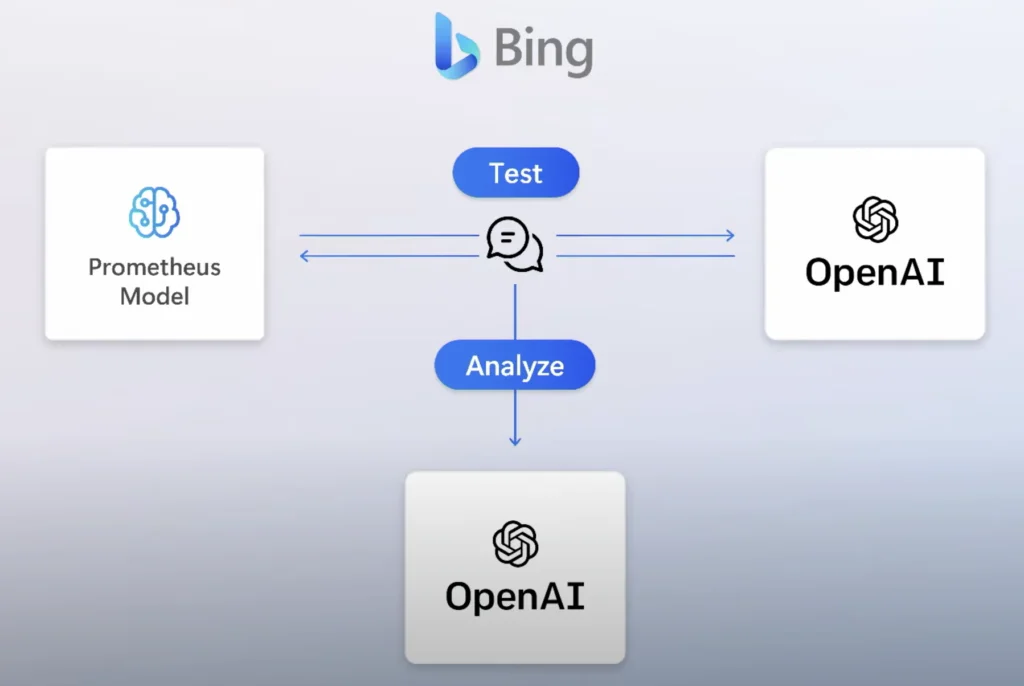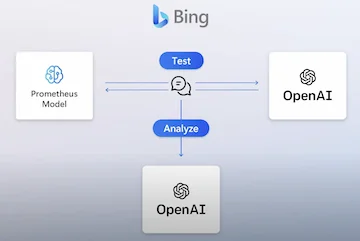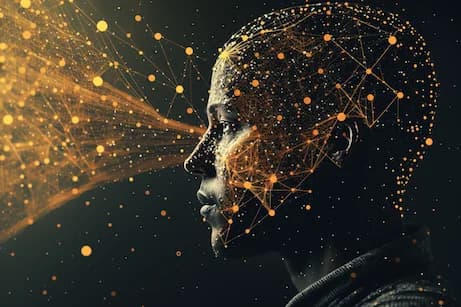Now, a powerful machine has access to all human public knowledge across more than 100 languages
AI now has real-time access to all public human knowledge in 100+ languages—but are we prepared for the societal upheaval this will bring to jobs and skills?
This post was written in 2023. Some details may have changed since then.
As I reflected upon the Microsoft event yesterday about the new Bing, one thought keeps coming up. Now, a powerful machine has access to all human public knowledge across more than 100 languages. And this AI will have access to real-time (or near real-time) new information via Bing Search. The big three barriers with ChatGPT (not being able to index non-text content, no real-time data, and no way to tell which source is more trustworthy or authoritative) were almost gone with the Bing integration (more on that here).
Sarah Bird (Responsible AI Lead at Microsoft) discussed their efforts to prevent system misuse. The example given in the video was about planning an attack.
One of the main reasons is that, given access to worldwide knowledge, the machine can generate much more sophisticated answers than earlier versions (i.e., chatGPT, for example).
She talked about a new testing system that they had developed to improve the performance of Bing in handling potentially harmful conversations.
This is done by using a conversation simulator to conduct thousands of different conversations with the model. The conversations are analyzed to identify the gaps in the system and improve it. This is done by using guidelines from linguists, iterating with human experts, and classifying conversations automatically. Since this process can be repeated millions of times, it has led to significant innovations and improvements in responsible AI mitigations and enables testing of different responsible AI risks.
The implications of the Bing and OpenAI integration seem far-reaching and not yet to be felt. I have to admit, this is both exciting and a little scary. And given the nature of machine learning, I am sure the system will get smarter and smarter, really fast, really quickly (it doesn’t need to sleep, rest or eat). The societal impact can be potentially huge, especially to developing countries with limited resources. Having grown up in Vietnam, I think about this a lot. How many jobs will be lost? How many people will need to be retrained? What are the resources to retrain them? Do they want to learn new skills?
For example, how about:
- Microsoft starts working on an online training course to teach people how to use the new Bing + OpenAI.
- For example, from my experience of using chatGPT, Bearly (or other applications based on GPT 3) for a while, I am still learning how to make the most out of the system daily.
- How to provide specific context via multiple prompts is the key. You need to give the “AI assistant” / Copilot as much context as possible to perform the tasks better.
- I just learned yesterday to include “Do you understand me?” at the end of my prompt so that the machine can repeat back what it understands about my instruction from the beginning of the conversation.
- I learned a few weeks back that I should start the chat by telling the machine the target audience I want the answer to address. For example, to tell the machine that I want the answers to cater to expats in the US.
- Then use the machine to translate this course to as many languages as possible.
- Include this course (courses) as part of the Bing interface to make it easy for everyone to learn.
I hope that the brilliant minds working on this have a good plan to ensure equal access to all countries so that everyone can be part of the journey and have healthy discussions and debates. I am a student in this subject, and I don't pretend to have the answers to these big questions. But I think it is important for all of us to start thinking about them now.
What are your thoughts on this? Do you think AI will widen or narrow the gap between developed and developing countries? I'd love to hear different perspectives on this :)
Cheers,
Chandler





